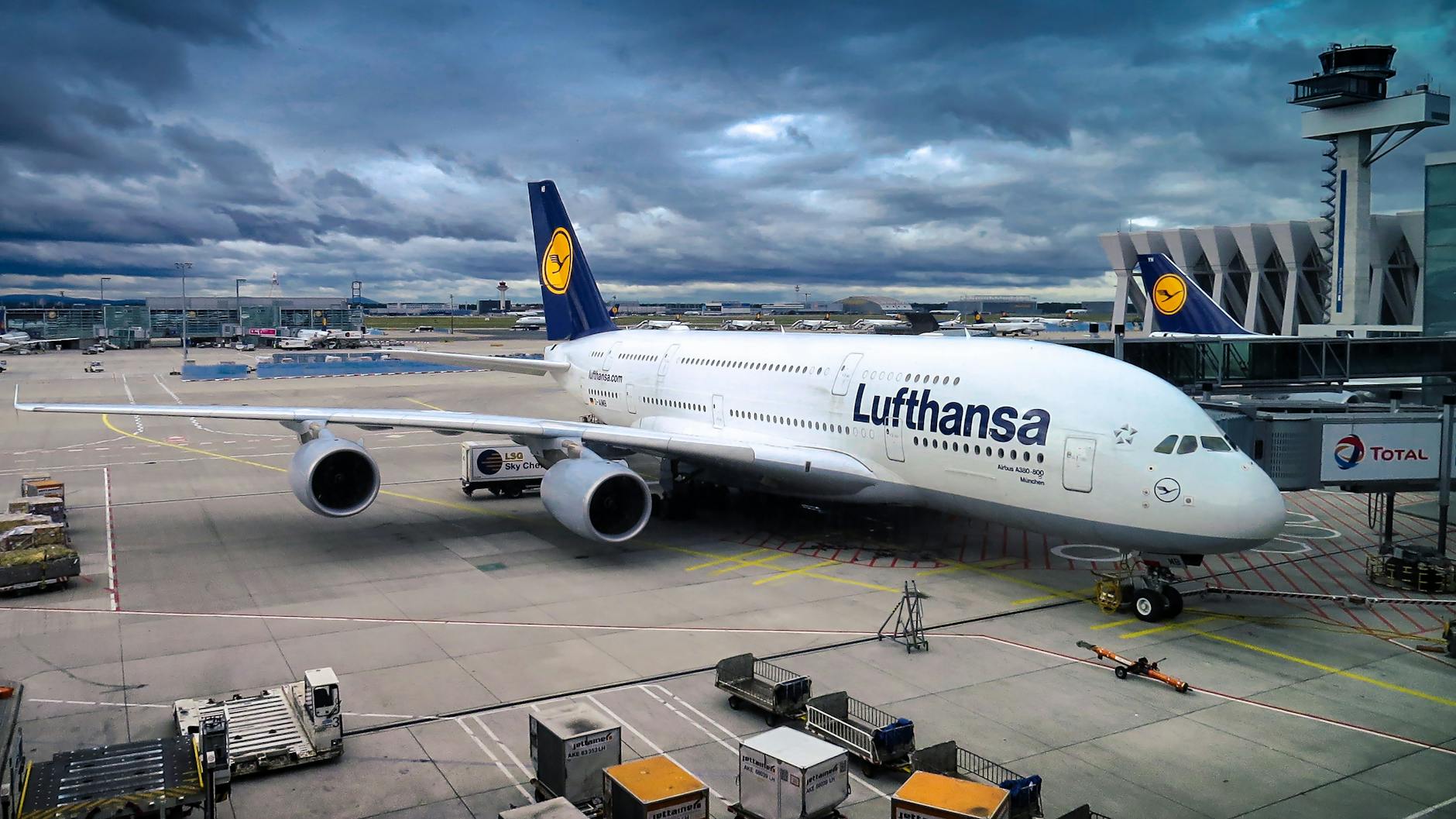In an unprecedented event, a widespread IT vulnerability has led to significant disruptions in the aviation sector, affecting airlines and airports globally. What initially appeared to be an isolated issue in the United States has rapidly escalated into a global crisis, impacting key aviation hubs in Europe, Australia, New Zealand, Japan, and India, among other regions.
According to BBC Technology Editor Zoe Kleinman, the cybersecurity firm Crowdstrike released a software update that malfunctioned severely, causing widespread device failures and the notorious “blue screen of death” on numerous Windows systems. This catastrophic update has rendered many critical systems inoperable.
Join us on TELEGRAM for the Latest Aviation Updates fresh to your phone.
Global Impact on Airlines and Airports

In New Zealand, Christchurch Airport has reported significant IT disruptions, affecting both departures and arrivals. Australian airports, including Melbourne and Sydney, along with Virgin Australia, have also confirmed operational challenges. European budget carrier Ryanair has disclosed disruptions across its network due to the global third-party IT outage. South African regional carrier Airlink echoed similar concerns on social media platform X.
Japanese airports, including Narita, are experiencing system issues affecting multiple airlines such as JetStar, Jeju Air, Qantas, HK Express, and Spring Japan. In India, airlines are grappling with prolonged queues and slower check-ins, with carriers like IndiGo urging passengers to avoid multiple bookings to alleviate system strain.
Manual Operations and Improvisation

In response to the crisis, airport and airline staff worldwide have resorted to manual methods. Handwritten boarding passes and makeshift departure boards have become a temporary norm. Social media images show a mix of urgency and resourcefulness as staff strive to maintain operations. At Manchester Airport, for instance, passengers witnessed a whiteboard and marker setup replacing the usual digital departure boards.
According to aviation analytics firm Cirium, around 110,000 commercial flights were scheduled globally today. As of 6:00 AM Eastern Time, 1,390 flights had been canceled, with numbers expected to rise. Key markets affected include the United States, with 27,000 flights, Germany with 4,386 flights, France with 3,630 flights, Italy with 4,386 flights, India with 3,652 flights, and Canada with 3,549 flights scheduled.
Beyond Aviation: A Broader IT Crisis

The IT vulnerability extends beyond the aviation sector, impacting various industries. Banks, media companies, and even the New Zealand parliament have reported network issues. In the UK, bakery and coffee shop chain Gail’s experienced payment system failures, and the NHS reported issues with booking appointments at some GP surgeries in England. BBC Health Editor Hugh Pym noted that some GP surgeries could only see critically ill patients and had to handwrite notes and prescriptions, asking others to call back later.
As the situation develops, the global aviation industry is working tirelessly to restore normal operations, while industries across the board address the broader implications of this severe IT vulnerability.
Sources:
- Simple Flying
- BBC
- Featured image by Pixabay | Pexels
Youssef Yahya is the CEO and Founder of Aviation for Aviators. He also serves as the Chief-in-Editor of the platform’s website, where he shares his passion for aviation and provides valuable resources for aviation enthusiasts and professionals alike. His love for aviation and entrepreneurial spirit drive him to create innovative solutions, making Aviation for Aviators a unique resource in the aviation sector.
You might also like:
- Dark Tourism
- The Novel Corona Virus and its effect on aviation.
- Middle East Air Travel Impact Following Iran’s Retaliation on Israel
- 747-300 Returns to the Skies
- JetBlue A320 Makes Emergency Landing After Losing Debris on Takeoff
Discover more from Aviation for Aviators
Subscribe to get the latest posts sent to your email.

